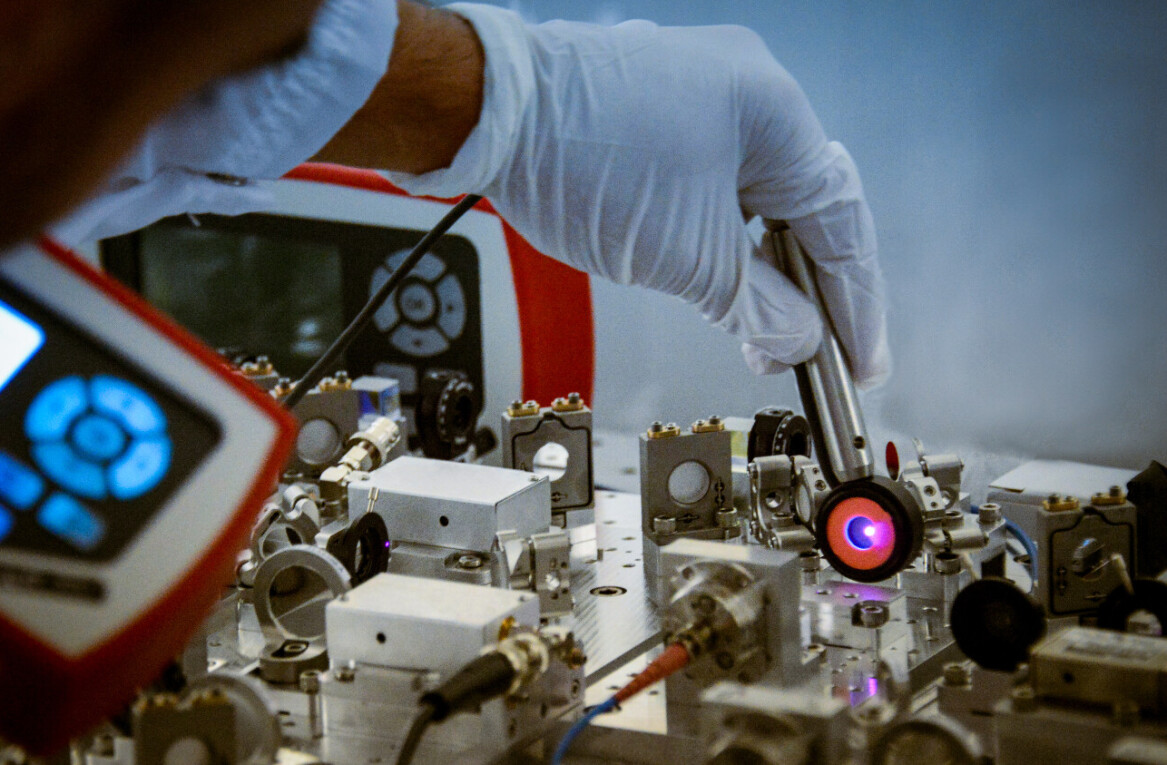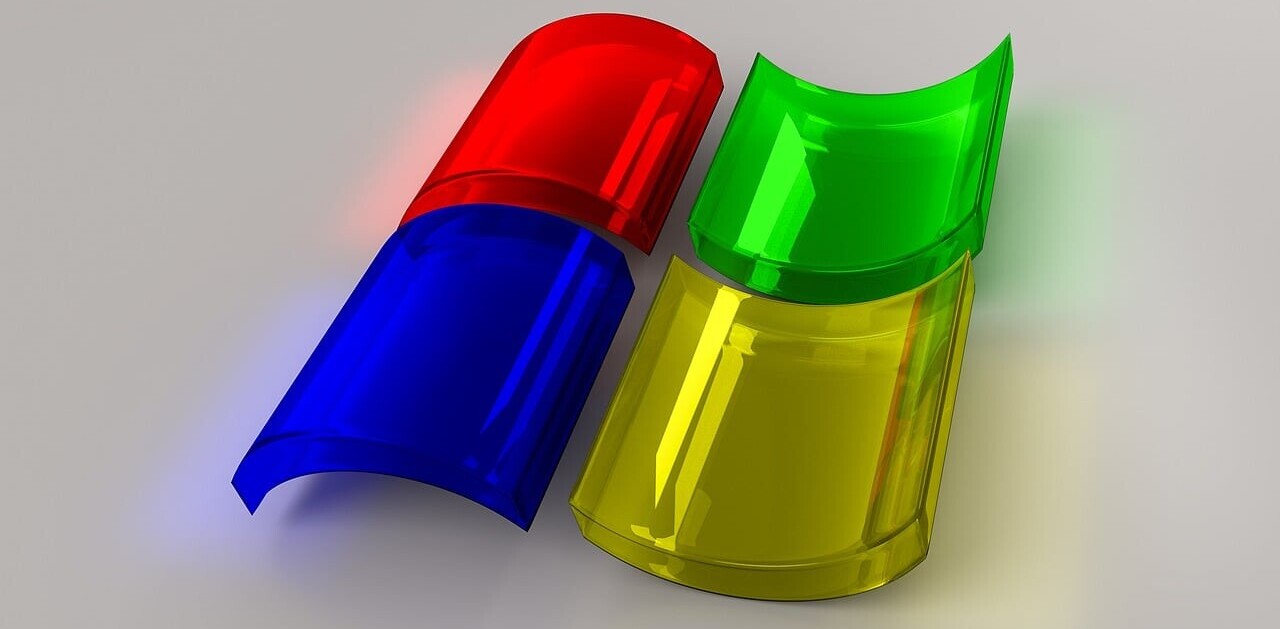
Microsoft was a hostile place to work in its early days if the company’s co-founder Paul Allen is to be believed, after excerpts from his new book were published by the Wall Street Journal.
The book, entitled “Idea Man: A Memoir by the Co-founder of Microsoft,” takes aim at Microsoft chairman Bill Gates, who is accused of seeking to take shares from his partner in the company’s early days, whilst implying that Gates was not appreciative enough of Allen’s work within the company.
Tensions are said to be strained between Gates and Allen as a result of the book, with the relationship said to be “cordial” between the two.
In the book, Allen positions himself in meetings and at events in Microsoft’s history that has members of the company confused as to Allen’s motivations, questioning the Microsoft co-founder’s portrayal of certain events. Sources have also indicated that Allen also took credit for major hires, where he played down Gates’ role in proceedings, despite the fact it was Gates who had spearheaded negotiations.
Whilst Allen’s spokesman says the book is a “very balanced portrayal of their relationship,” and “clearly values the input and the ideas and energy of Bill Gates,” the Microsoft chairman has a very different take on things:
“While my recollection of many of these events may differ from Paul’s, I value his friendship and the important contributions he made to the world of technology and at Microsoft.”
Lots of Allen’s memoirs focus on his efforts outside of Microsoft (he resigned in 2000), with his stake in the company helping to finance sports team acquisitions and ranking him 57th of Forbes’ list of billionaires with a $13 billion fortune.
The book (republished in part by Vanity Fair) does provide a great insight into how Microsoft was formed, telling tales of how Gates and Allen started working on projects together, particularly one that required them to develop a programming language for a new Altair microcomputer.
The duo, along with Monte Davidoff, created a language in just over 8 weeks, signing their first business deal with MITS, the creators of the Altair microcomputer – forming what was then known as Micro-Soft.
Allen consistently refers to the disagreements between him and Gates, particularly over software royalties and agreements.
Whether Allen’s memoirs accurately portray what really happened is unknown, Gates has said himself that they differ from his own experiences, but it does give a unique insight into how Microsoft was formed and the decisions that made it what it is today.
Get the TNW newsletter
Get the most important tech news in your inbox each week.





